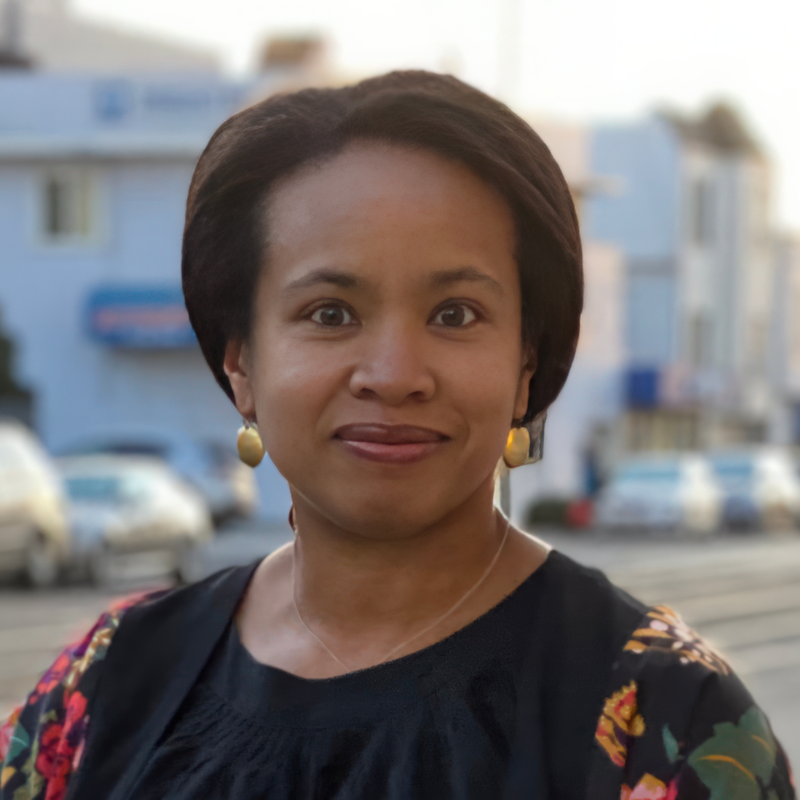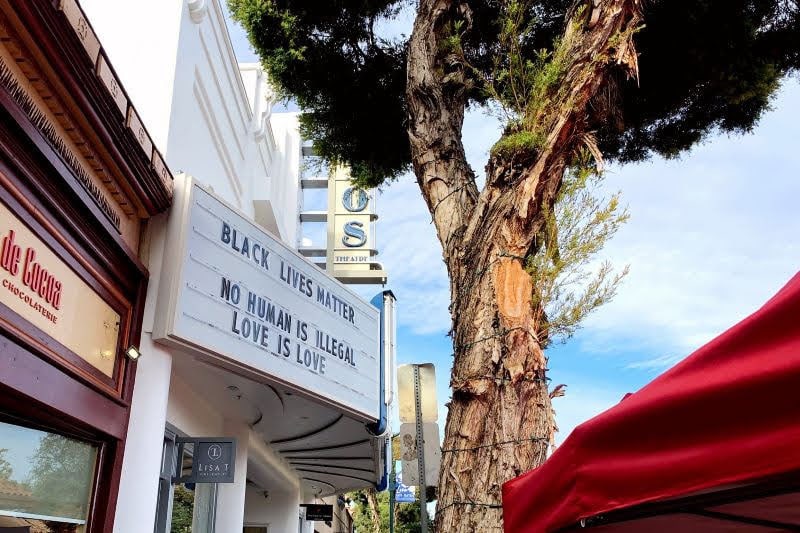I am supposed to be writing a reflection on Loving Day, but it’s a Wednesday morning, a school day and a work day, and our family is already shipwrecked, knee deep in water, and trying, desperately, to bail out the one remaining lifeboat.
None of the four alarm apps in the house went off, so my husband and I jerk awake, simultaneously, already 45 minutes behind. We hit the ground stumbling, lobbing kid tasks back and forth, haphazardly packing lunches, and barking terse commands. Just when it’s looking like this boat is going to drift to shore, after all, our youngest wanders out of his room bleary-eyed, still in his pajamas, holding his stomach. He’s got a fever of 101: someone’s going to need to stay home from work.
One of us has an important meeting, the other is leading a conference. There is no right answer here. We stand, glaring at one another, on opposite sides of the living room, stalemate engaged, sinking under the surface of the waves.
At the moment when, barring an actual typhoon, things couldn’t possibly get any worse, one of us steps back or stands down, calls in a favor at work, reschedules that seemingly essential meeting. Or, just as likely, we both burst out laughing at the impossibility of the situation, and a better solution asserts itself. Somehow we’re afloat again; leaking a little, maybe, but this craft is seaworthy and we’re all going to make it through.
When I think of Loving v. Virginia, of the Supreme Court decision that made it legal for my husband and I to marry in all 50 states, that’s what I imagine: a little boat bobbing on the waves. Not our group wedding photos, where, aged just 21, we beam out into our bright future, surrounded, on all sides, by supportive family of all colors. Not the Shabbat afternoon, when our brilliant daughter was called to the Torah as a bat mitzvah and that same extended family, filled the pews and shone with pride; not even the April morning, just after midnight, when our amazing baby boy, new to the world, made our hearts larger and our lives immeasurably richer.
My husband is white and I am black; these things would have been denied us, certainly, if we hadn’t been lucky enough to fall in love in the right place and at the right time. But those milestones, life-altering though they are, aren’t a whole life together. I’m always brought back to the Song of Solomon (also called the Song of Songs): many waters cannot quench love, neither can the floods drown it. The verse extols the power of burning love, but it also warns of dangerous times ahead. You can’t have the flame without the flood. Every marriage navigates these sometimes treacherous waters. And, as it turns out, that’s what makes a happy marriage: the day-to-day work of keeping our little boat afloat.
Mildred and Richard Loving weren’t activists, not great orators, but two people who wanted to raise a family in peace. They were fighting for the freedom to have an entirely ordinary life together, with ups and downs, fire and flood, disastrous Wednesday mornings, and the secretly unquenchable love at the heart of every family, everywhere. On Loving Day, I thank them, profoundly, for that fight and that freedom.







